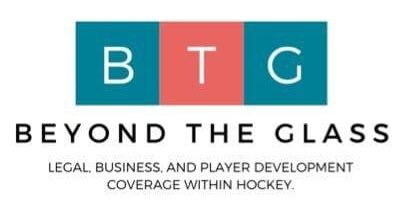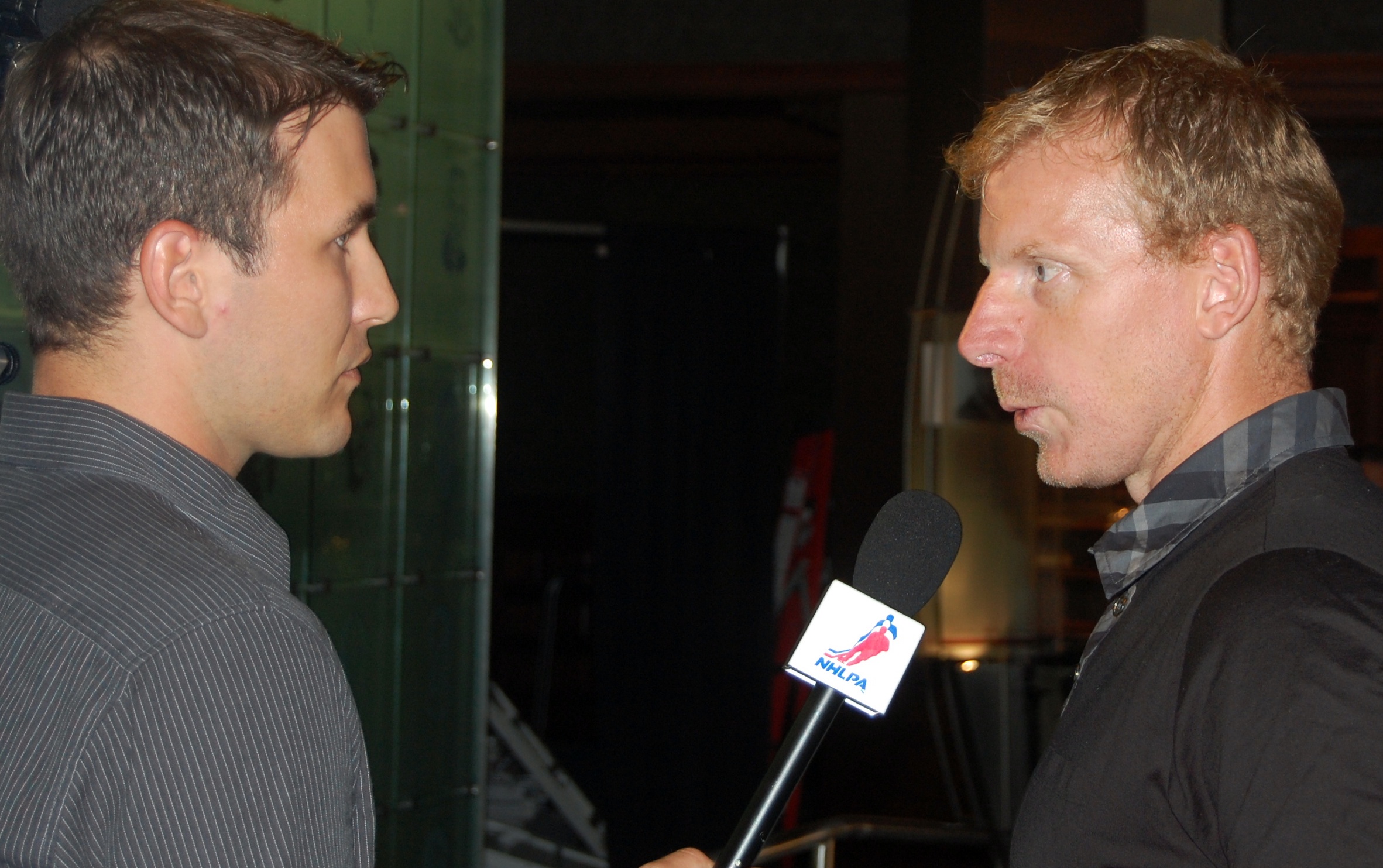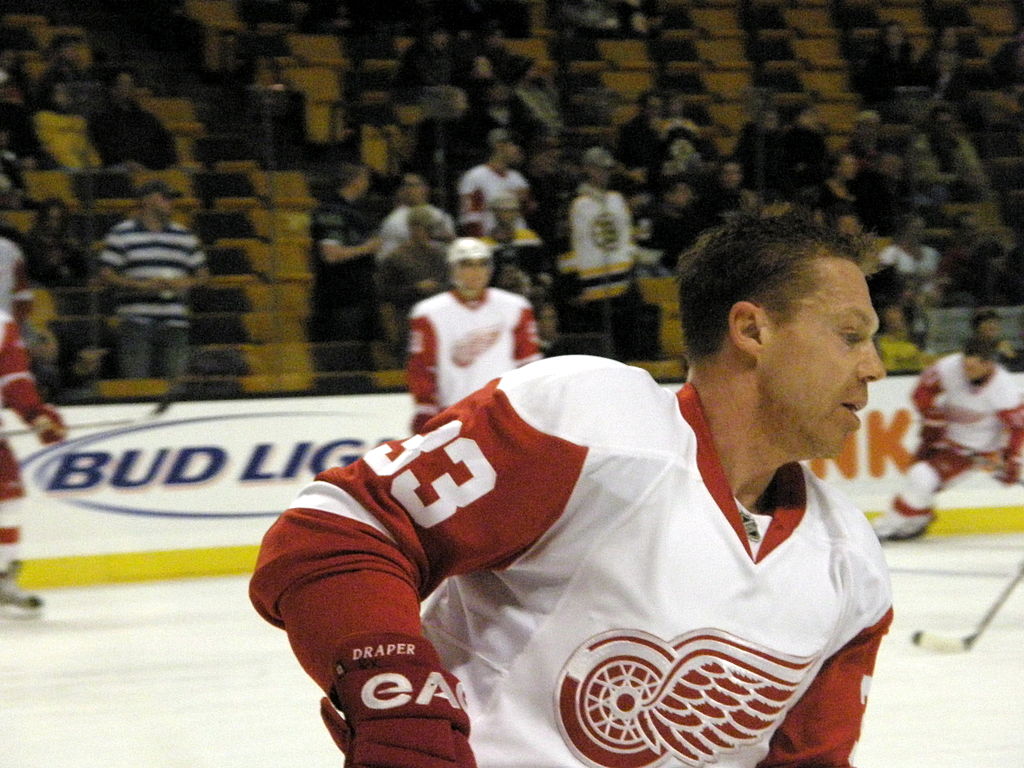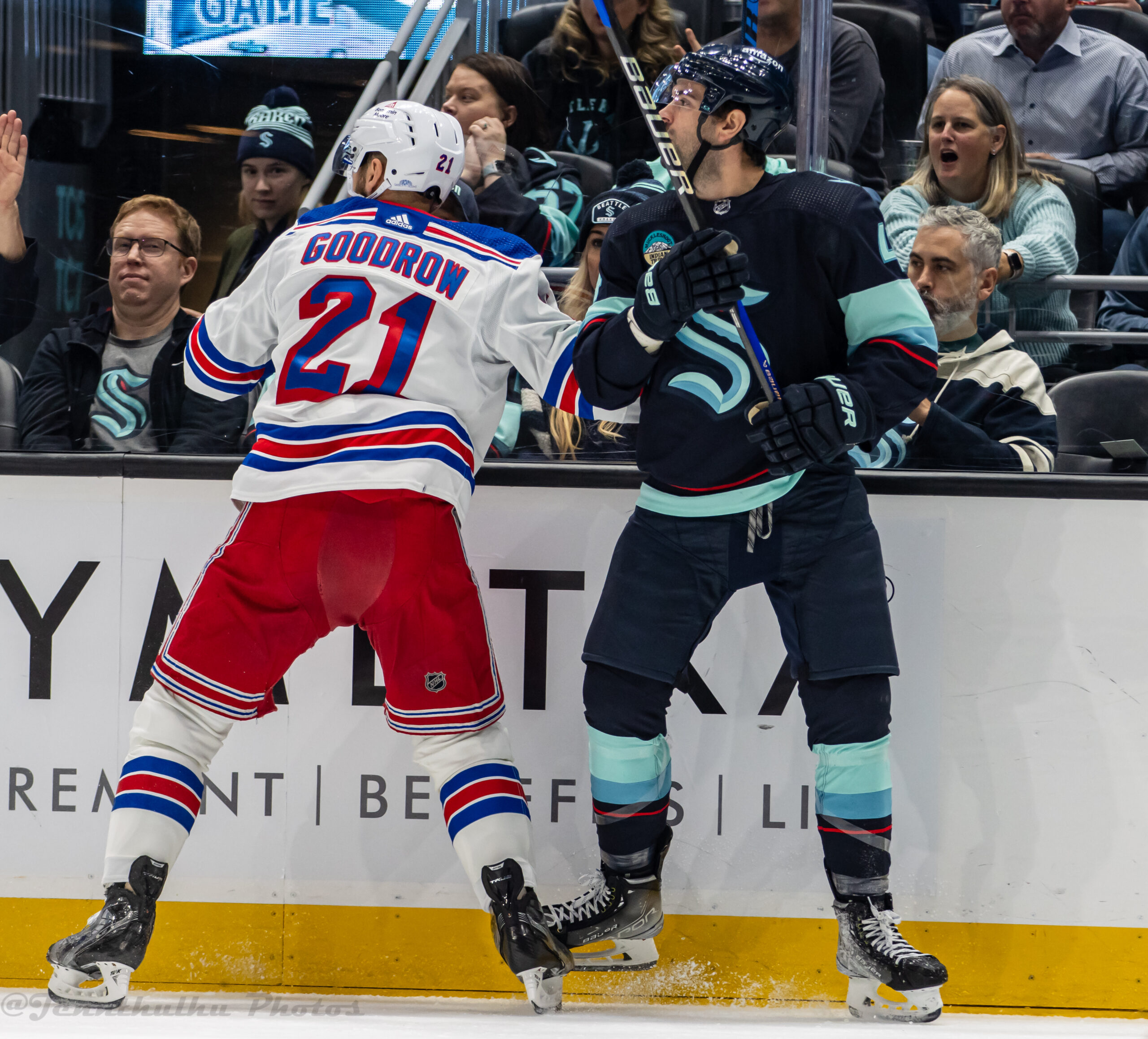How the NHL’s Proposal on Salary Deferral and Escrow Could Have Led to CBA Violations and Labor Law Issues
By Alec Roberson
We were all blessed with great news that the 2020-2021 NHL season would begin on January 13, 2021. As fans, this is what we wanted….. an NHL season. However, during negotiations for what this shortened season would look like, the NHL owners attempted to “renegotiate the CBA” according to the NHL Players Association (“NHLPA”). The NHL’s move not only almost derailed the whole season but potentially led to serious labor law issues.
How Did We Get Here?
To take a look back, the NHL and NHLPA agreed to the current CBA in 2013. The CBA would expire in 2022 with the NHL and NHLPA having options to extend it. On July 10, 2020, the NHL and the NHLPA agreed upon a “Memorandum of Understanding” (“MOU”) that modified some of the terms of the CBA and extended the CBA until September 15, 2026. The MOU also provided a framework for the “Return to Play” (“RTP”) playoffs we saw during the summer of 2020.
The MOU specifically provided that the players would defer 10% of their 2020-2021 salary (to be paid in installments at later times) and escrow payments would be capped at 20% during the 2020-2021 season. (If you need a basic understanding of how the NHL’s escrow system with players’ salaries works, please check out our article here).
For the 2020-2021 season, the MOU specifically stated that “[T]he parties agree to negotiate in good faith regarding the 2020/21 calendar and schedule.” Therefore, items like when the season would start, end, how playoffs would work, what the divisions would look like, etc. would all need to be negotiated in the future. Issues directly involving the players’ salaries, however, were not open for negotiation.
The NHL’s Proposal to Increase Financial Liquidity
In the midst of negotiations between the NHL and the NHLPA, reports arose that the NHL had made two proposals to the NHLPA that not only potentially derailed the 2020-2021 season, but also almost led to a labor law focused lawsuit.
The NHL proposed to the players two different options: (i) a 20% deferral of salaries with escrow rising to 25% just for the 2020-2021 season or (ii) a 26% deferral for the 2020-2021 season with escrow increasing from 6% (as specified in the MOU) to or above 8.5% annually for the 2023-2024 through 2025-2026 seasons. The players were shocked.
The parties supposedly negotiated the MOU with the NHL’s worst, moderate and best financial case scenarios in mind. The worst being a season with no fans. These scenarios were in mind when the parties negotiated the salary deferral and escrow. To the players, these proposals seemed like a slap in the face and an attempt to renegotiate the terms of the CBA and MOU agreed upon only months earlier. If the players did not agree (which they didn’t) there could have been no 2020-2021 season with the NHL attempting to hold out. This, however, could have led to a serious legal problem. Fortunately, the NHL tabled these proposals and the parties agreed on the new season.
Why the NHL’s Proposal Was Such a Big Deal
So what was the reason that the NHL’s proposal to the NHLPA was such a big deal to the players? For one, anyone would heavily scrutinize anything affecting their wages. This seems like a human characteristic. But from a legal standpoint, the NHL’s proposal itself almost led to a major labor law issue.
1. Governance of Collective Bargaining
The CBA (and the MOU) is a specific contract that governs most aspects of the players’ employment within the NHL for a set amount of years. The United States’ National Labor Relations Act (“NLRA”) governs the enforcement and applicability of the CBA. The National Labor Relations Board (“NLRB”) is the governmental body that has jurisdiction over most issues related to collective bargaining.
Under the NLRA, the parties must collectively bargain in good faith on subjects such as wages, hours and terms and conditions of employment. These are known as “mandatory subjects” for collective bargaining.
2. Unilateral CBA Modification
The employer, i.e. the NHL, cannot unilaterally modify the terms related to mandatory subjects of bargaining unless the union, i.e. the NHLPA, has waived its right to collectively bargain on the specific term or the employer has another legitimate defense.
It is common that an employer will reserve “management rights” in a collective bargaining agreement to allow it to make certain unilateral changes for efficiency purposes. Usually, this includes “common sense” items such as safety rules or attendance polices. However, there can be a grey area as to whether the union has waived its right to collectively bargain on a subject even with such language in the collective bargaining agreement.
When faced with this question, prior to the end of 2019, the NLRB would use a “clear and unmistakable waiver” standard in its analysis. This standard says that unless the union representing the employees expressly waived its right to collectively bargain on the particular change to a mandatory subject, such a unilateral change by the employer would constitute a violation of the NLRA. This standard requires fairly specific language under the collective bargaining agreement to allow such a unilateral change.
However, this standard changed following the NLRB’s ruling in MV Transportation, Inc., 368 NLRB No. 66 (September 10, 2019). If you would like to read that NLRB decision you can find it here. In that decision, the NLRB dropped the “clear and unmistakable waiver” standard and adopted a “contract coverage” standard. This “contract coverage” standard asks if the employer’s unilateral change falls within the scope of a provision of the collective bargaining agreement allowing such unilateral change in the future. The rationale is that the parties had the opportunity to collectively bargain on such issues when originally negotiating the collective bargaining agreement.
By using standard principles of contract interpretation, the NLRB now analyzes whether such a unilateral change is “covered by” the collective bargaining agreement even absent a provision specifically addressing such change. This gives employers greater flexibility and less pressure to negotiate specific provisions allowing unilateral changes in the collective bargaining agreement.
3. Anti-Lockout
In addition to a prohibition against most unilateral changes to a collective bargaining agreement, generally one party cannot hold a lockout during the term of the collective bargaining agreement. We all know how nasty it can get whenever the CBA expires and a new one needs to be negotiated. This can lead to lockouts and shortened seasons as we have seen before. However, the employer cannot simply hold a lockout during the term of the CBA in place. There could also be legal ramifications if an employer threatened to do so because nonnegotiable terms were not agreed upon.
It is common for collective bargaining agreements to include “anti-lockout” language to specify such prohibition. In the NHL’s CBA, Article 7 specifically provides an “anti-lockout clause.” In Section 7.1 of that Article it states that “[N]either the League nor any Club shall engage in a lockout during the term of this Agreement.”
The NHL’s Alleged Attempted Modification
The NHLPA alleged that the NHL was attempting to unilaterally modify the CBA and MOU agreed to just months earlier. The NHL disagreed.
This of course is hypothetical as it never materialized but it is interesting to take a second and look at what the NHL’s proposed change may have led to. Without over-analyzing a “what if” scenario, had this change taken place the NHLPA would have almost certainly challenged it. Using the “contract coverage” standard it is still unlikely that this would have been a permissible unilateral modification under the CBA, MOU or NLRA. The NHLPA would have to agree.
The CBA provides a general “Management Rights” section in Article 5. However, this purported change is not one based on “common sense” for efficiency. In addition, it is telling that the parties agreed to the specific escrow and deferral percentages only months before. A unilateral change to those specific amounts seems like an overstep even under the “contract coverage” standard. The NHL would likely have a difficult time winning that argument.
Likewise, the NHL threatening to lockout the season could prove problematic. Where it could become tricky is if the NHL really couldn’t financially operate without these changes. Would that then be a lockout? That might depend on if the players still received pay but would likely be a complicated situation.
Fortunately, it never reached that level. This is just an important reminder of how careful the NHL and the NHLPA have to navigate labor relations. The CBA and MOU protect all parties involved and (theoretically) ensure a balance of power. Sure, if both sides agreed to it they could modify, terminate or amend anything in the CBA (generally speaking). To some degree that was what the MOU was, but that was not the case here.
Conclusion
Fast forward to now. The 2020-2021 season is on. The NHL has ironed out the details with various government entities to ensure a successful and safe season. And, interestingly, in order to raise revenue the NHL arranged for some new tactics. Teams decided to sell advertisement space on players’ helmets and the NHL arranged sponsors for the newly created four divisions. Everyone has their opinions on that, but I think most agree it is a more fair way to raise revenue.
While the potential “renegotiation of the CBA” could have led to many legal ramifications, it was likely more of a business focused move by the NHL. They knew getting the 2020-2021 season back was imperative and the players equally wanted to play. Revenue is down across the board due to COVID-19 complications and the league isattempting to remain profitable. However, attempting to skirt around what they are legally entitled to seems like a dangerous game.
Post image attribution: By: Angela MacIsaac, CC BY 2.0 https://creativecommons.org/licenses/by/2.0, via Wikimedia Commons




